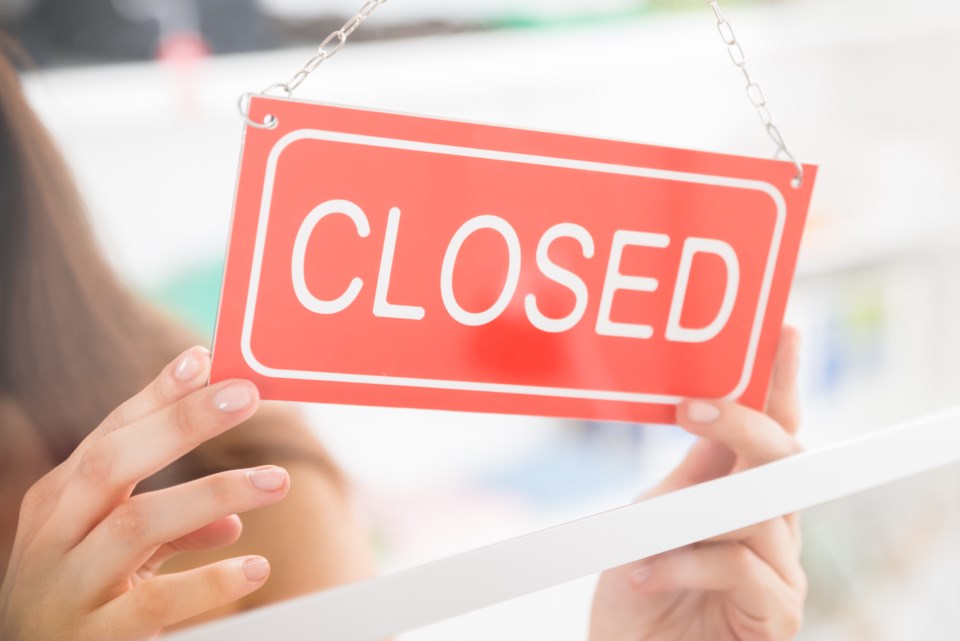Editor’s note: This story was originally published by CPR News and was shared via AP StoryShare.
***
It will likely take several years for Colorado to fully regain the jobs lost during the recession brought on by the pandemic, according to a report from the Leeds School of Business at the University of Colorado Boulder.
The state is forecasted to add 40,500 workers in 2021, for a growth rate of 1.5%, CU economists wrote in the report. In 2020, the workforce declined by 5.3% — equating to 148,800 jobs lost.
Promising news on several vaccines is boosting optimism that economic activity can return to some semblance of normalcy in 2021. But it’s unclear how effective the vaccines will be, or how long it will take to distribute them, said Brian Lewandowski, an executive director at the Leeds Business Research Division.
Moreover, it’s difficult to predict how people will respond.
“How long does it take for human behavior to recover, and people start to travel to our resort communities again; get on planes, go to concerts, start commuting to the office again, riding public transit again,” Lewandowski said during a conference call. Roughly one-third of Coloradans polled are not sure they’re willing to take the vaccine when it becomes available.
Even with a coronavirus vaccine on the horizon, many businesses won't survive.
Even as businesses and consumers hold out hope for a vaccine, the U.S. economy is reeling with COVID-19 cases surging across the country and new lockdowns. Employers added just 245,000 jobs in November, down from 610,000 in October.
Lewandowski predicts it could be 2023 before the economy is back to where it was at the start of 2020. Many businesses will never come back, said Richard Wobbekind, Lewandowski’s counterpart at CU.
“The amount of destruction you’re going to see in terms of bankruptcies and restaurants closing and the amount of retail I think you’re going to see closing is going to be significant,” he said.
The toll on restaurants has been especially brutal. In April, restaurants in Colorado suffered $1 billion in lost revenue when dining was shut down, according to the report. Nationally, one in six restaurants could close in 2020, according to the National Restaurant Association.
Some structural changes to the business landscape may be permanent, Wobbekind said. The pandemic accelerated a shift to online shopping, hurting retailers that were already struggling to compete with the internet. Office landlords will take a hit to the bottom line if companies don’t see a need to lease as much office space, he said. That will have a domino effect on downtown businesses that rely on office workers.
Some businesses are feeling the effects of the pandemic more than others.
While few sectors of the economy dodged the pandemic entirely, small businesses and low-wage employees have borne the brunt of the damage, the report found. Additionally, women have been disproportionately impacted. The labor participation rate for women was 55.9 percent as of October, the lowest in 34 years.
The leisure and hospitality industry will be one of the fastest-growing segments of the economy when gains do take hold, primarily because those businesses were hit hardest by the pandemic, the report found. Job losses in the sector are expected to total 71,200 this year, according to the report.
Colorado’s mountain communities were crushed early on. In April, counties with a large share of resort areas such as Pitkin, Eagle and San Miguel reported unemployment rates over 20 percent. Travel spending in Colorado was down 50 percent as of October, the report found.



